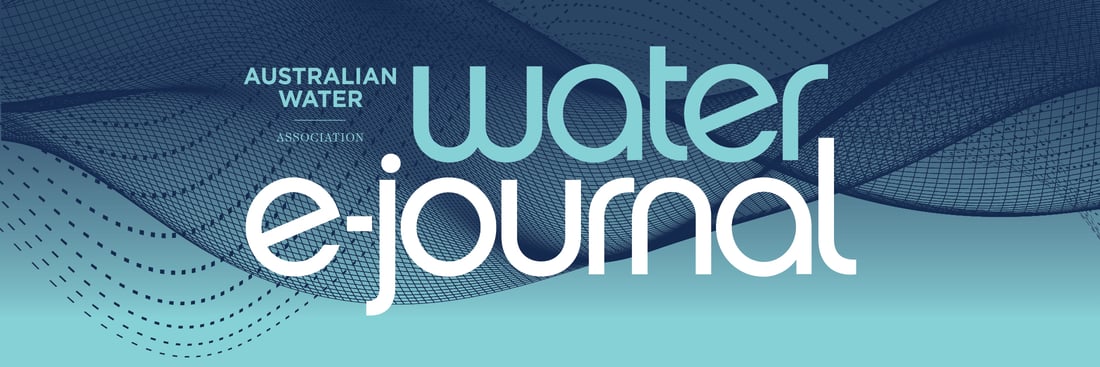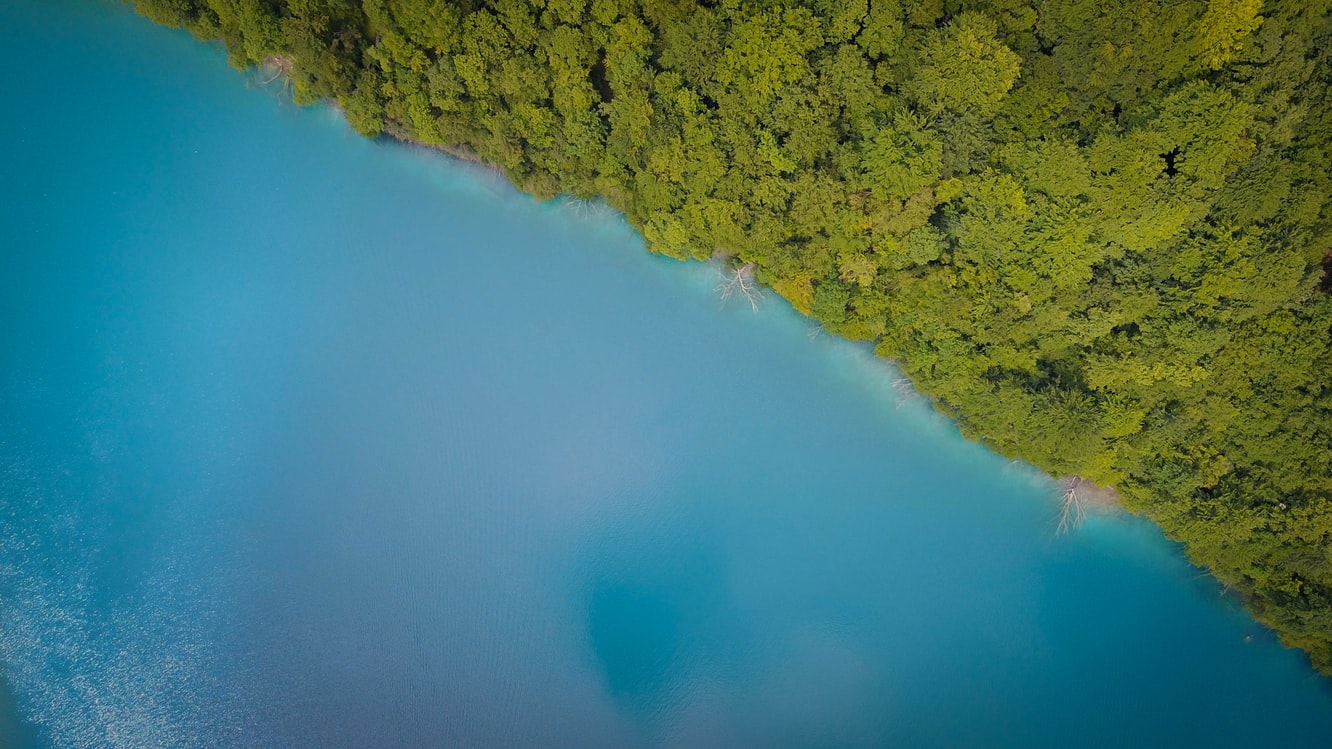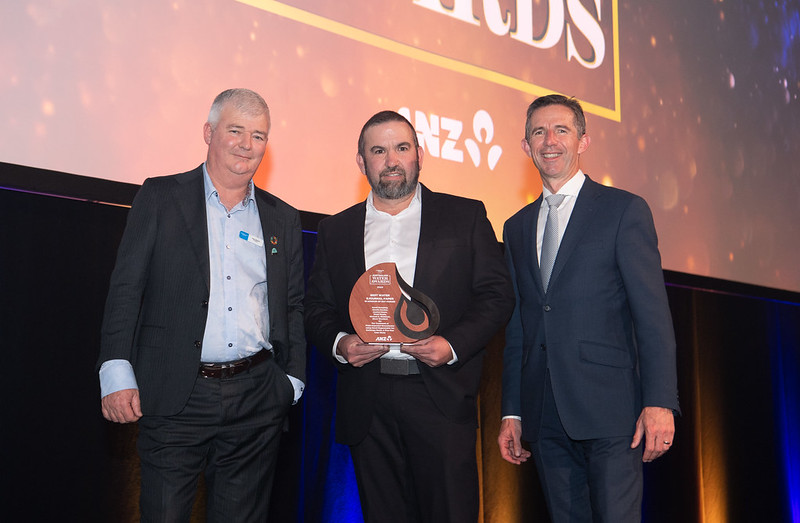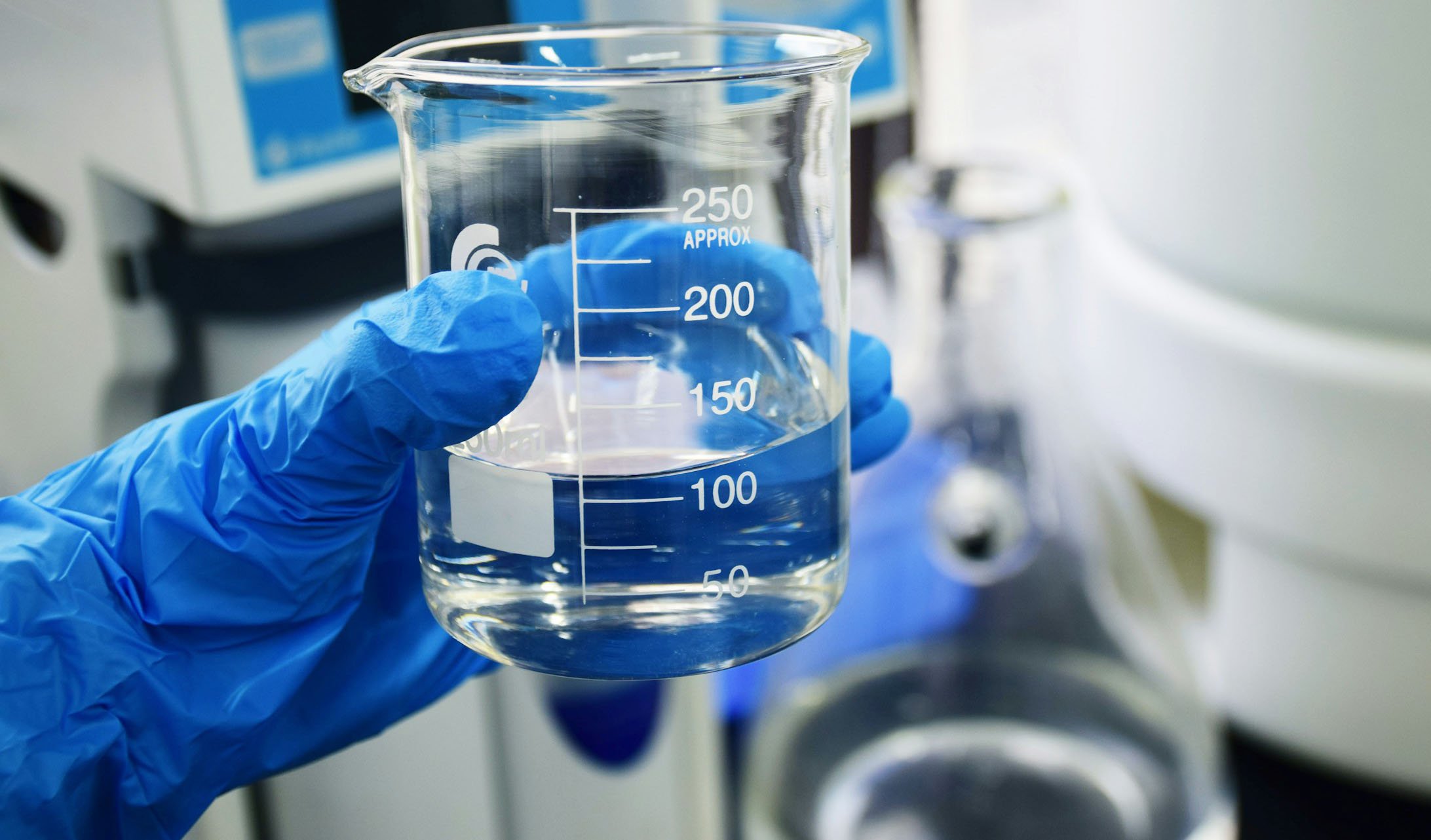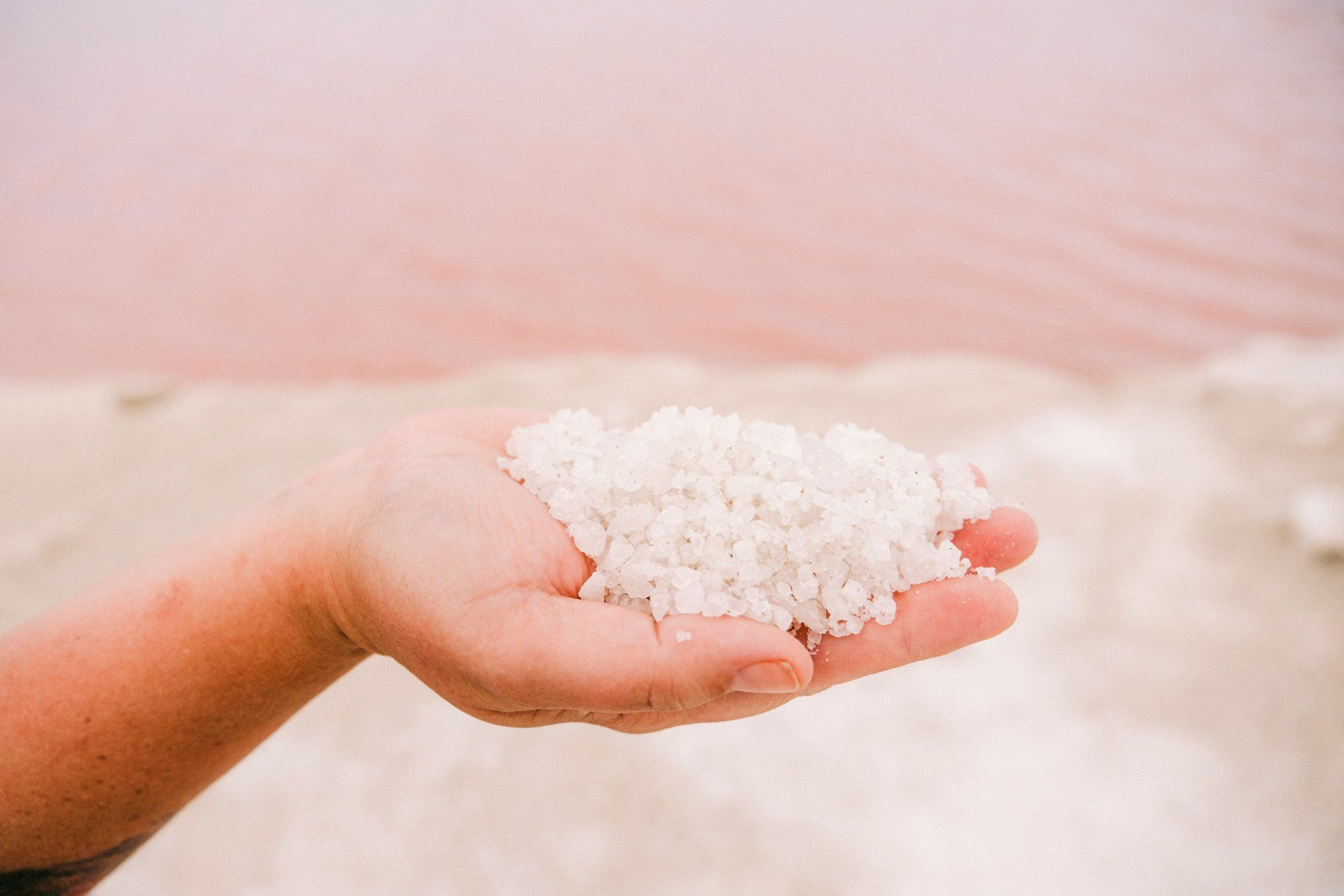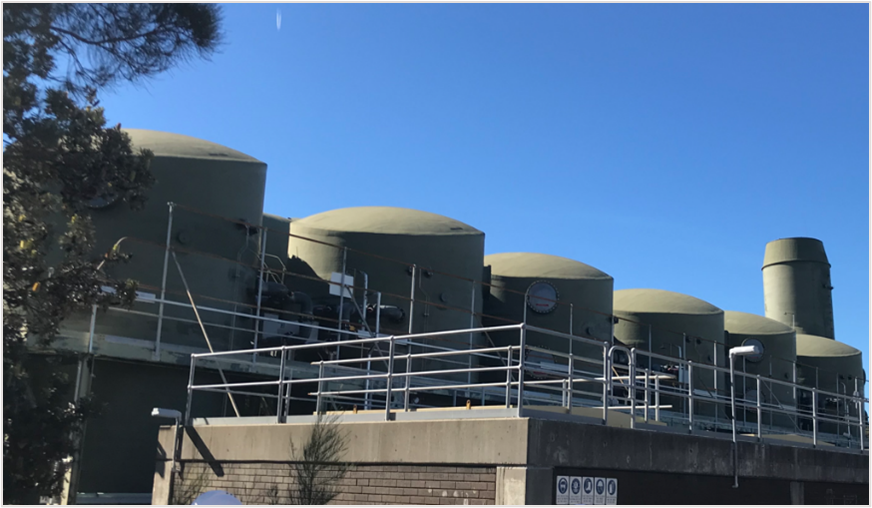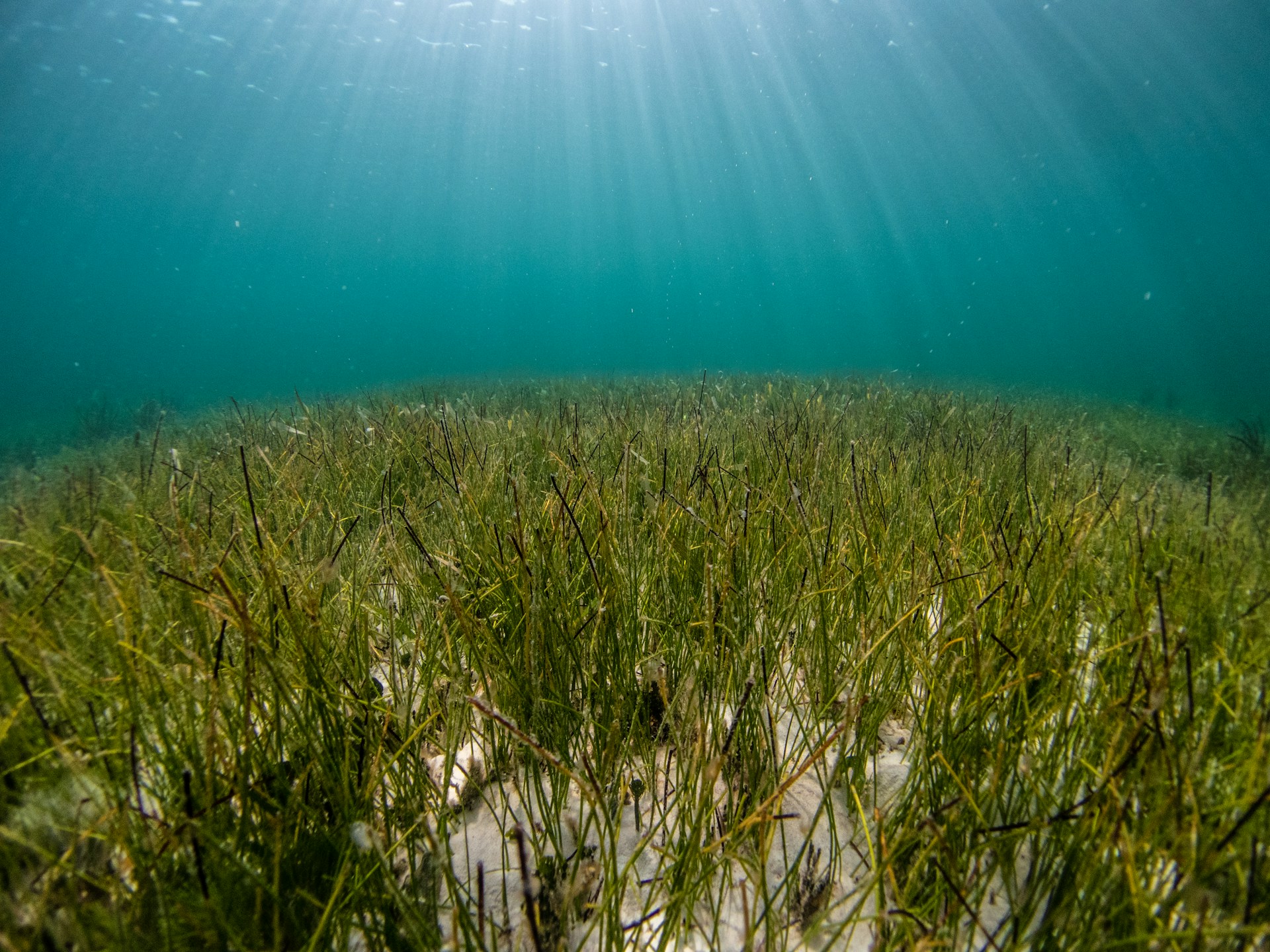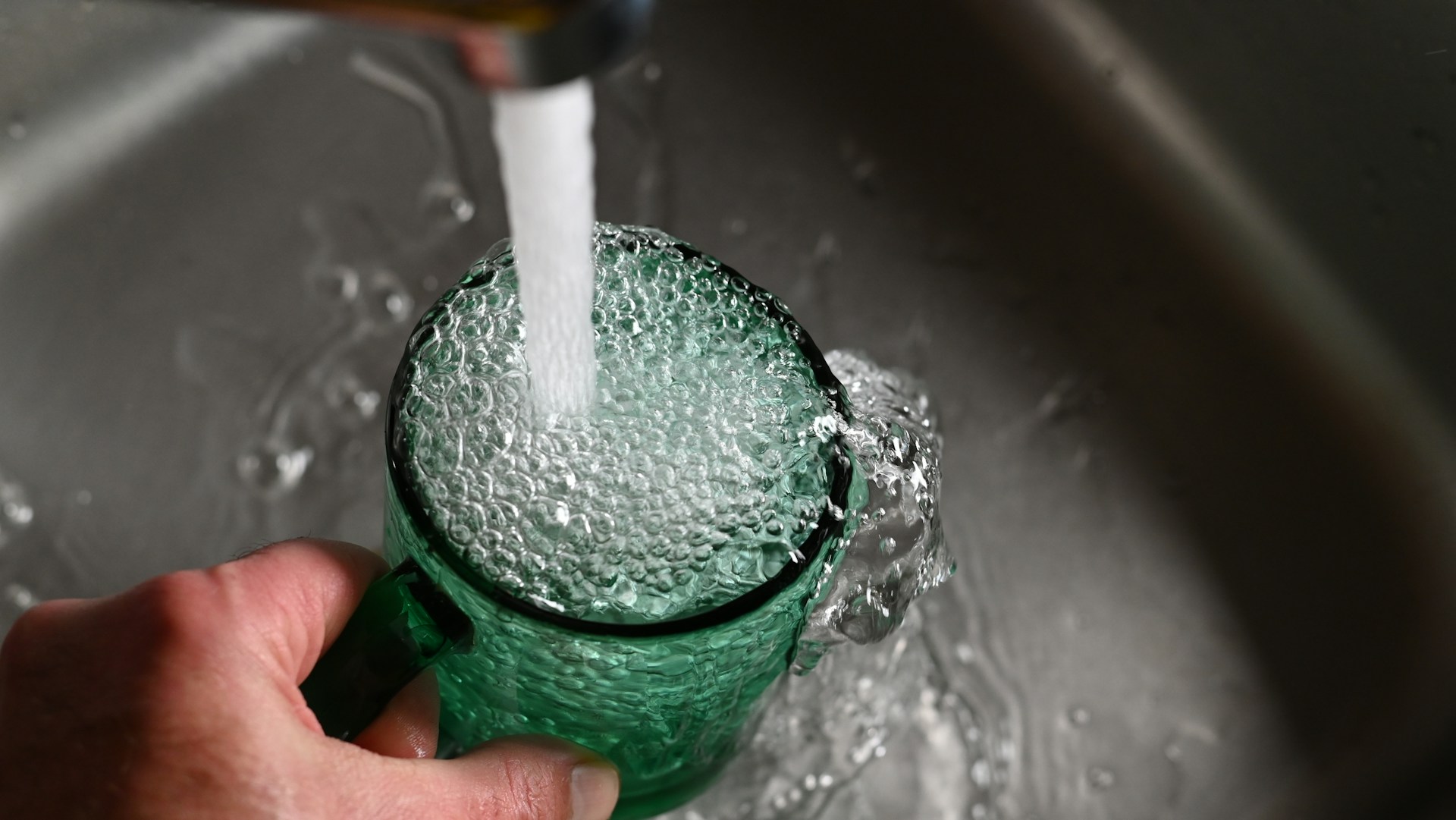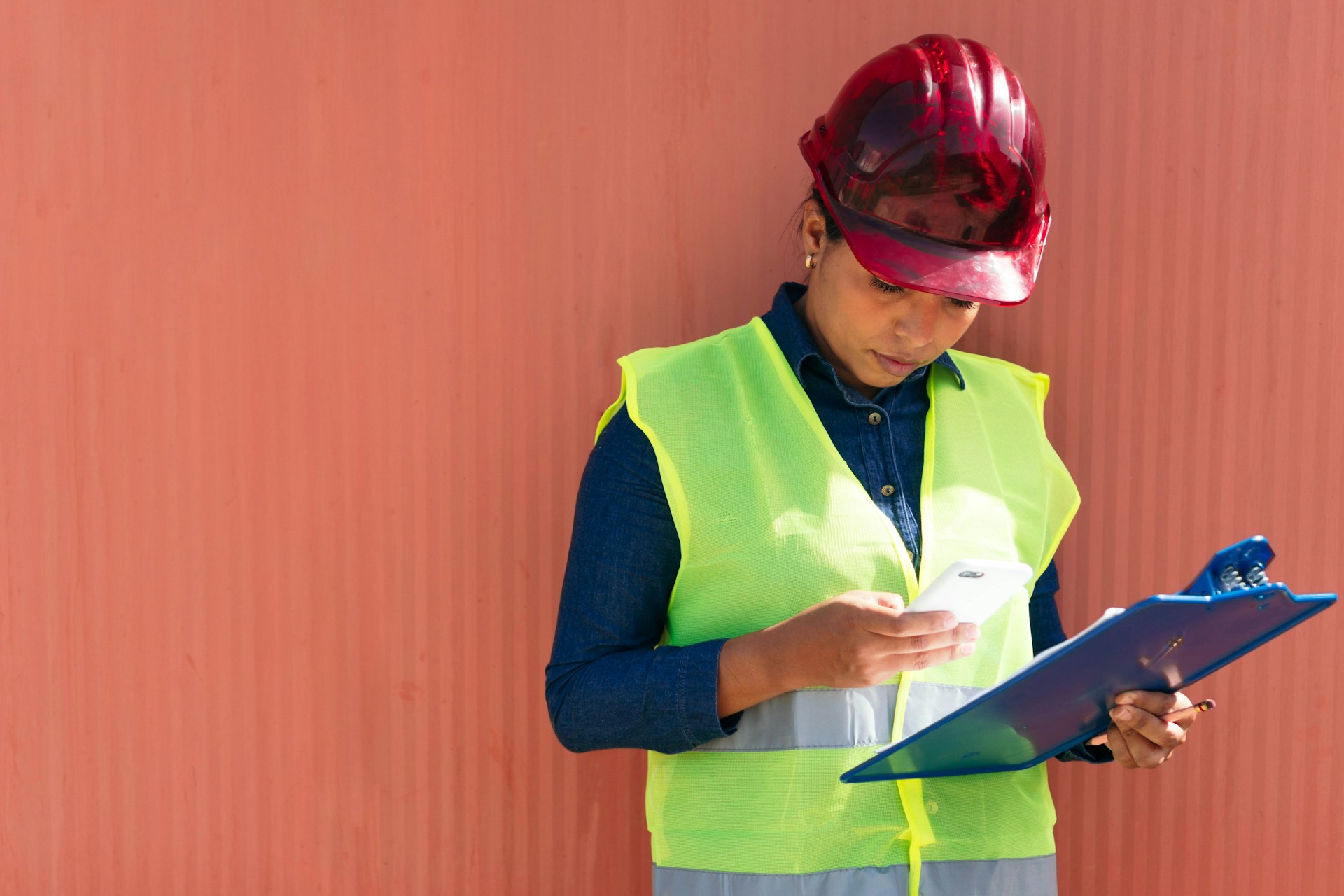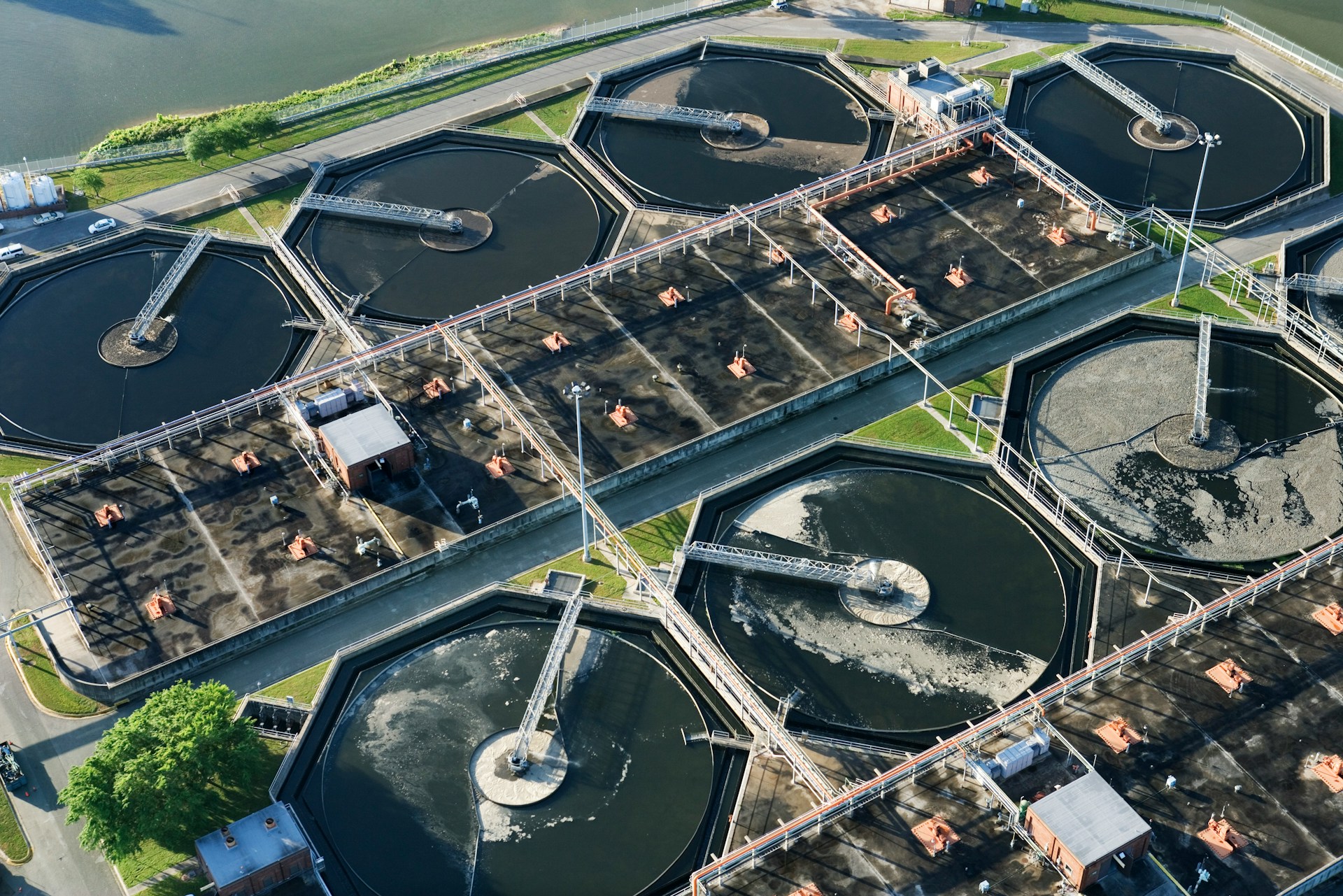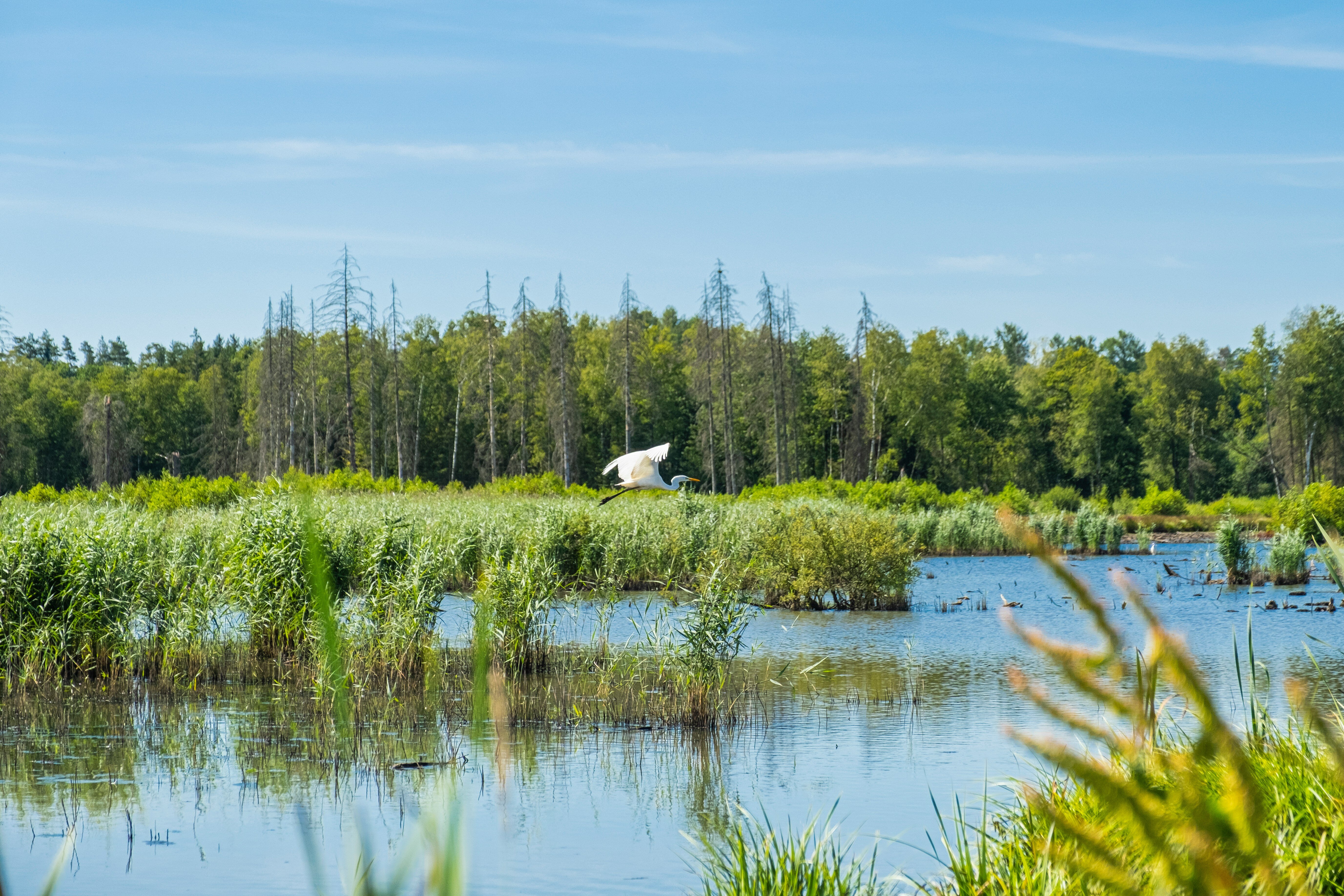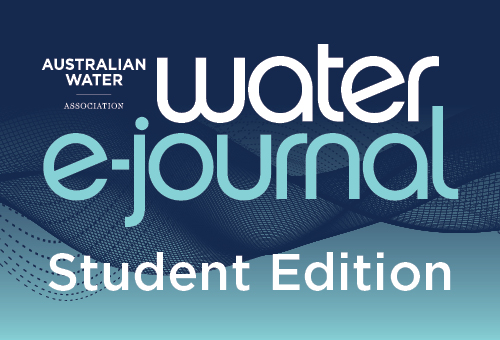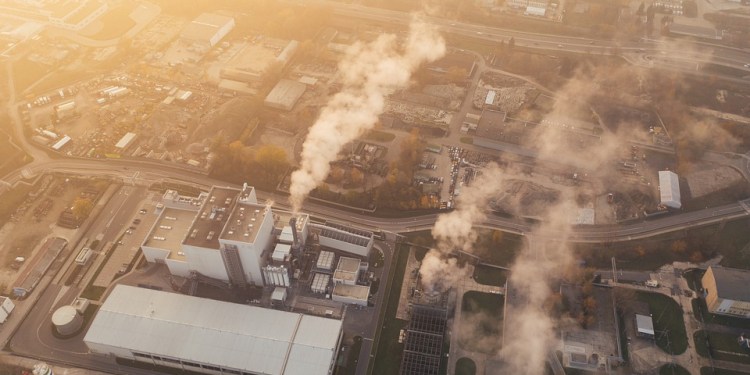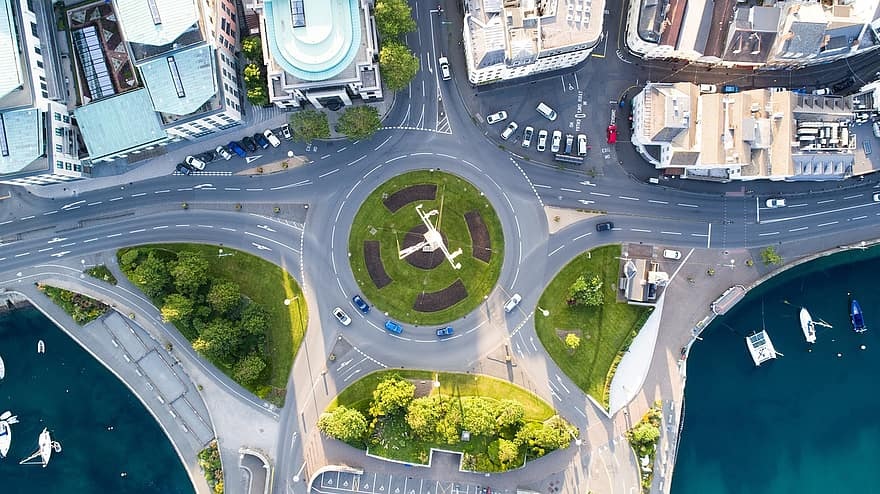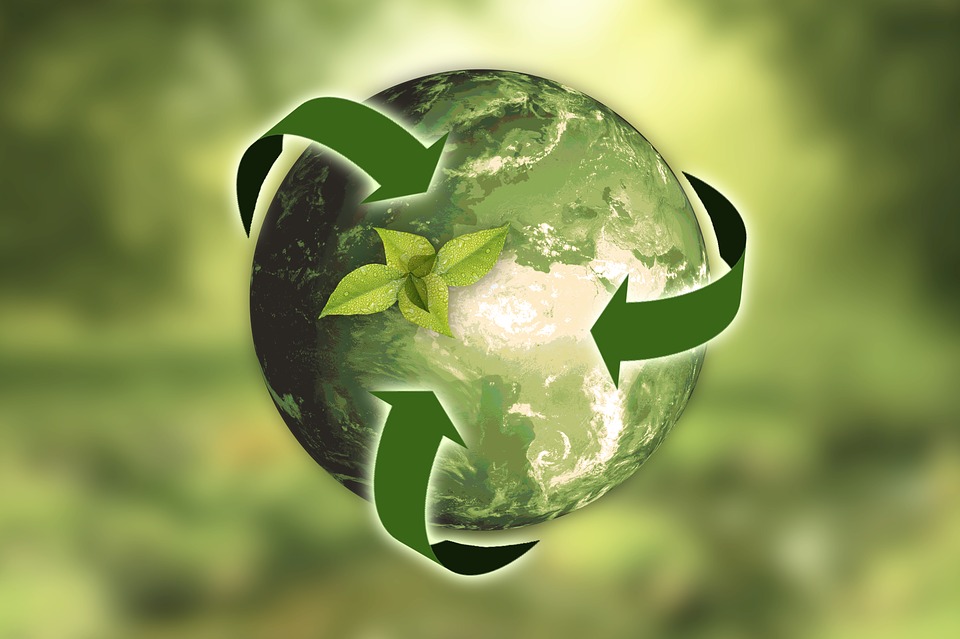Water e-Journal is your online hub for high-quality technical water papers in Australia.
Papers go through rigorous quality control and peer-review before publication and cover a broad range of topics relating to our most precious asset. AWA members unlock exclusive access to newly published papers for 3 months. Not a member, but would like instant access to all papers?
Find out more and join here.
Why submit a paper to the Water e-Journal?
Water e-Journal is the premier online journal for urban water science and technical issues in Australia.
Publishing in the Water e-Journal can provide valuable networking opportunities, collaborations, and discussions that can further your research, work and career.
All technical papers that are submitted will be assessed for publication in Water e-Journal, with a one-page Executive Summary also considered for publication in Current magazine. Papers published in the journal also qualify for the prestigious Guy Parker Award, which is announced at Ozwater each year.
See the Best Paper Honour Roll here.
The Water e-Journal is proud to showcase a special edition dedicated to student research each year. We invite submissions from students working on water-related projects either in progress, or completed within the calendar year of submission. This edition offers a platform for emerging researchers to share their findings with the water community, providing insights into innovative solutions and future developments.
We are now taking submissions for the 2025 Water e-Journal Student Showcase.
View the 2024 Student edition here.
The Water e-Journal is a peer-reviewed journal that publishes high quality technical papers about all aspects of the water industry. By publishing in Water e-Journal, you are contributing to the collective body of knowledge in the field of water-related matters. Your work can help address important issues and contribute to solutions for global water challenges.
Journals play a vital role in increasing the discoverability of your work, as they are regularly accessed by communities of interested readers. Submitting to the Water e-Journal can enhance the visibility of your work, extending beyond your close network of contacts and colleagues. Water-related research often spans multiple disciplines, and Water e-Journal attracts a diverse readership and can potentially lead to invaluable interdisciplinary collaborations.
The Water e-Journal and its predecessor WATER also provide a valuable resource and historical record of the technical challenges and changes the Australian Water industry has faced over the past 45 years. Back issues can be viewed here and current contributions help to maintain that record.

